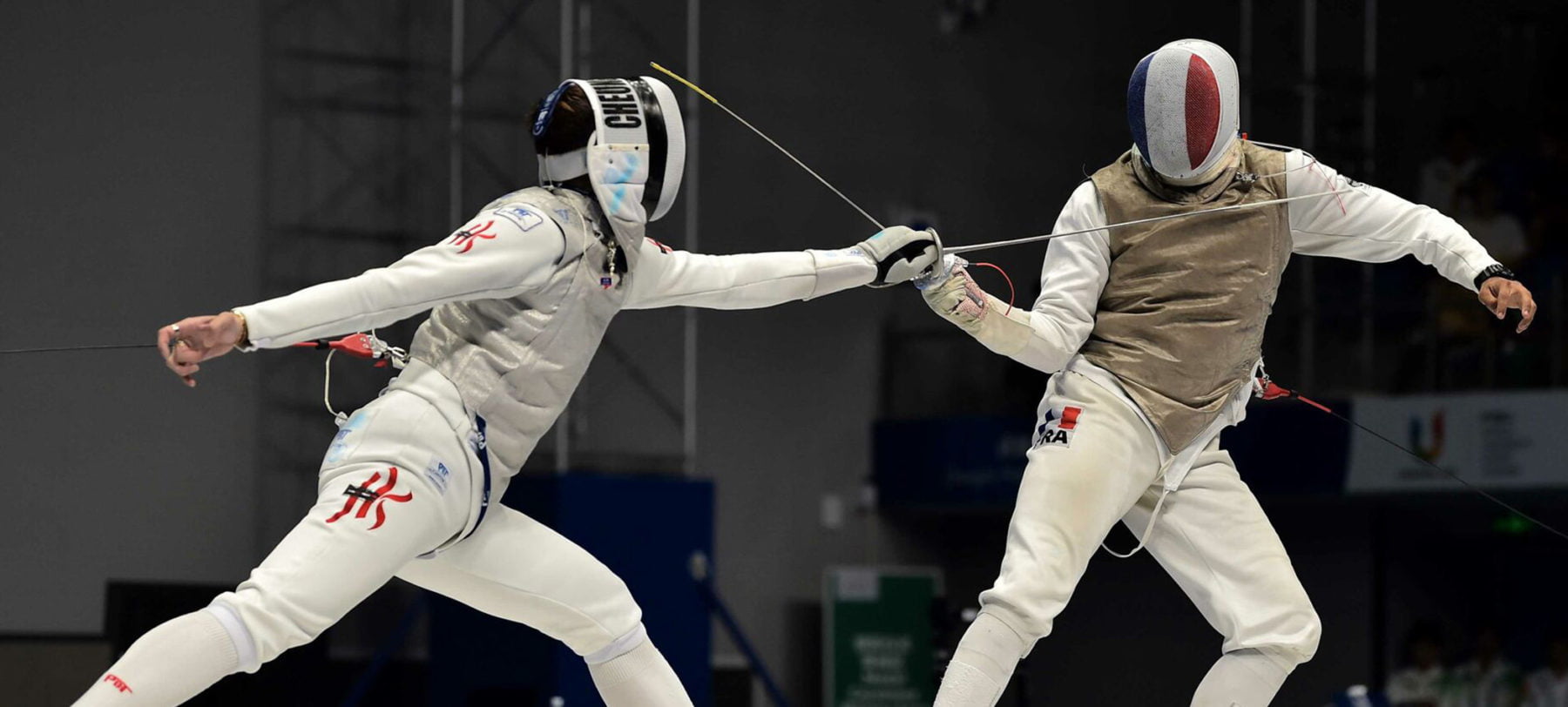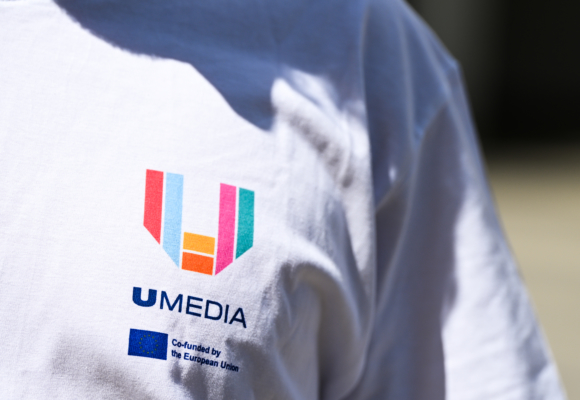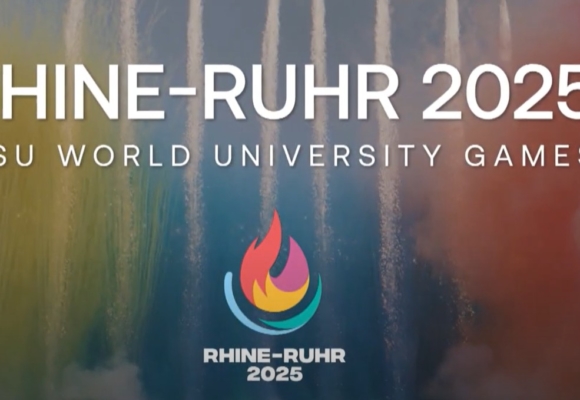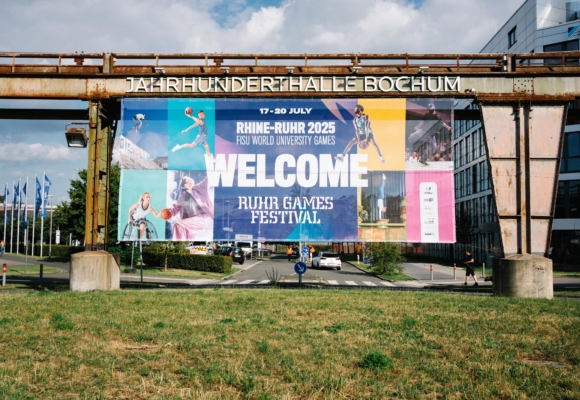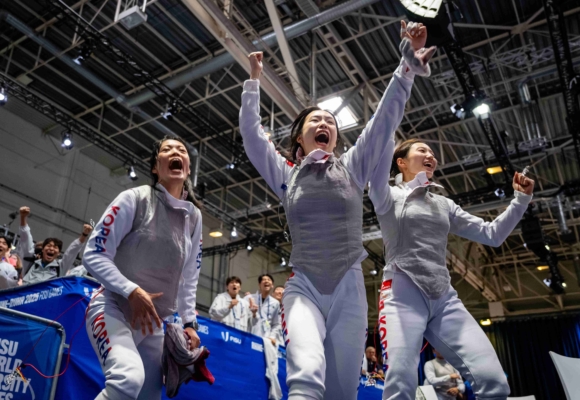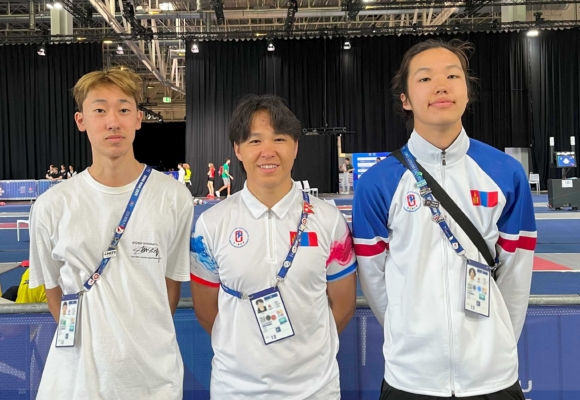With usually more than 300 participating athletes, Fencing is among the most popular sports at the FISU Summer Games. Valentina Vezzali, Time Nagy, Xue Tan, Stanislav Podzniakov, Pavel Kolobkov and Marcel Fisher are just a few names who won both Olympic and FISU Summer Games medals, reflecting the high standard of the competitions.
News
All newsEvents
FISU Technical Committee Chair
 svk
svk
Resources
History of Fencing in FISU
In the broadest possible sense, fencing is the art of armed combat involving cutting, stabbing or bludgeoning weapons directly manipulated by hand, rather than shot, thrown or positioned. Fencing is one of the few sports that have featured at every modern Olympic Games and it is part of the FISU sports programme since the 1st International University Sports Week in Merano in 1949. With usually more than 300 participating athletes, fencing is among the most popular sports at the Summer FISU Games.
In 1959, FISU organised the first World University Games (Summer Universiade) in Turin and fencing was successfully included in the competition programme. The 1989 Summer Universiade in Duisburg (GER) wrote history with two new elements being added to the fencing tournament: one in the programme, which included women’s epee for the first time; the other on the technical level with the sabre events being judged via an electric device. The level of the tournament was outstanding with world-class fencers in every discipline. For example, the Italian and German selections participated in the women tournament as well as the same athletes who would contest the top two places in the Seoul Olympics, and who would meet again in Barcelona in the same final three years later. The successful story of fencing continued with the Universiade in Sheffield in 1991. Several world champion title holders confirmed their mastery by taking gold medals at the Universiade. Until today, the quality of the Universiade fencing tournaments remains remarkable.
